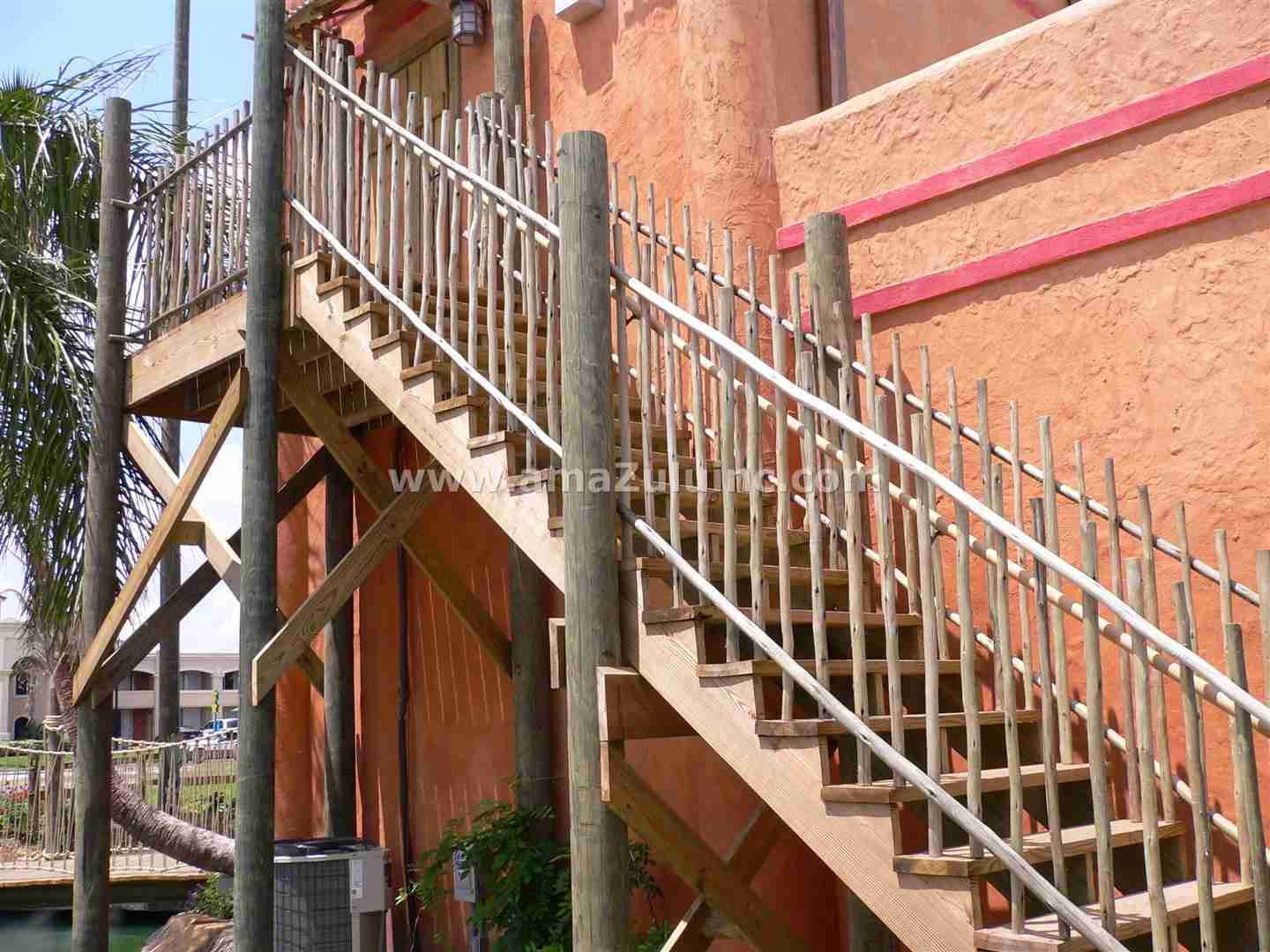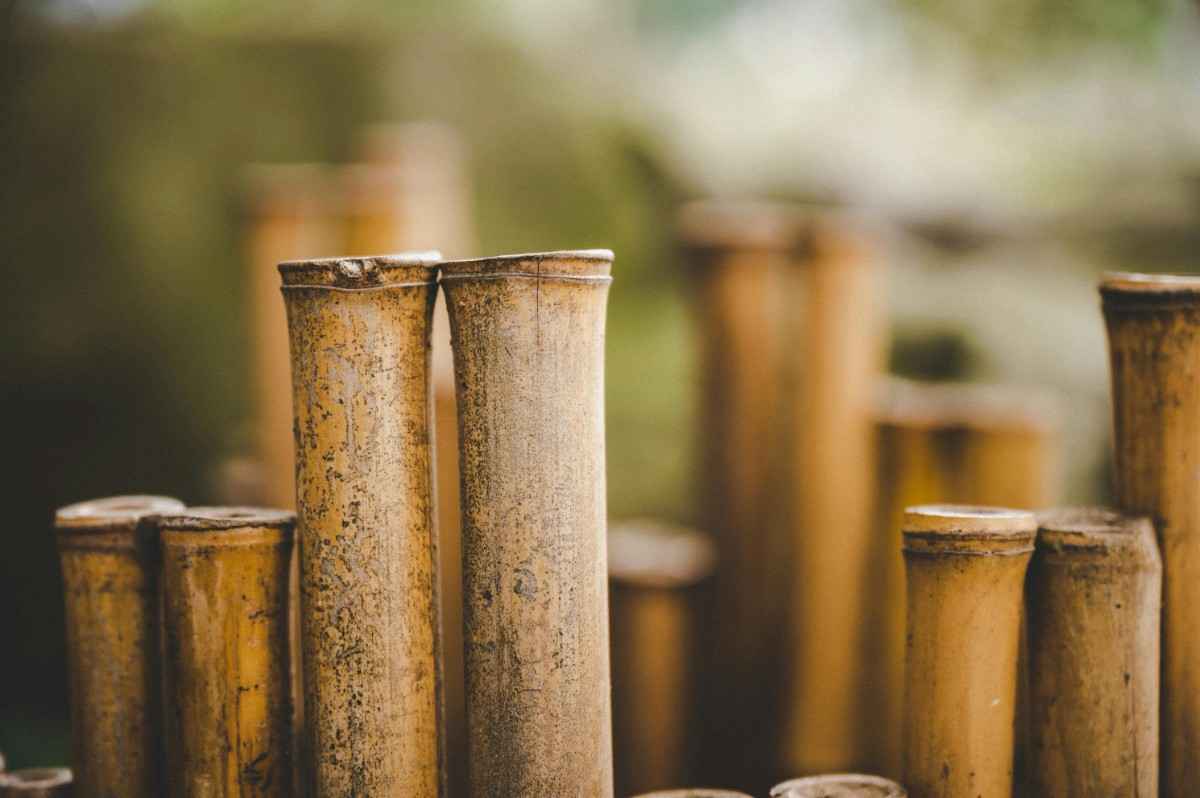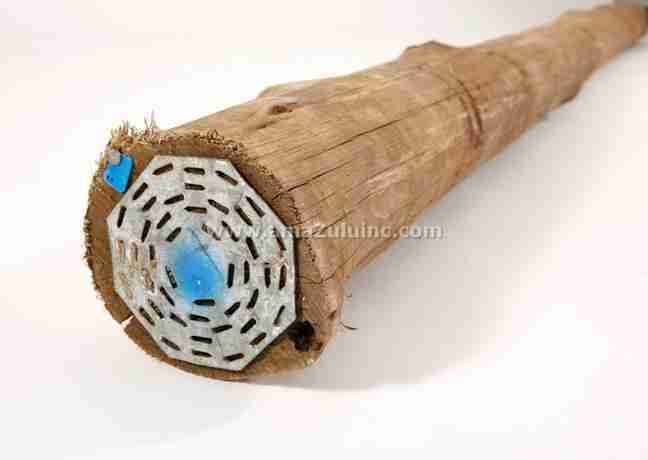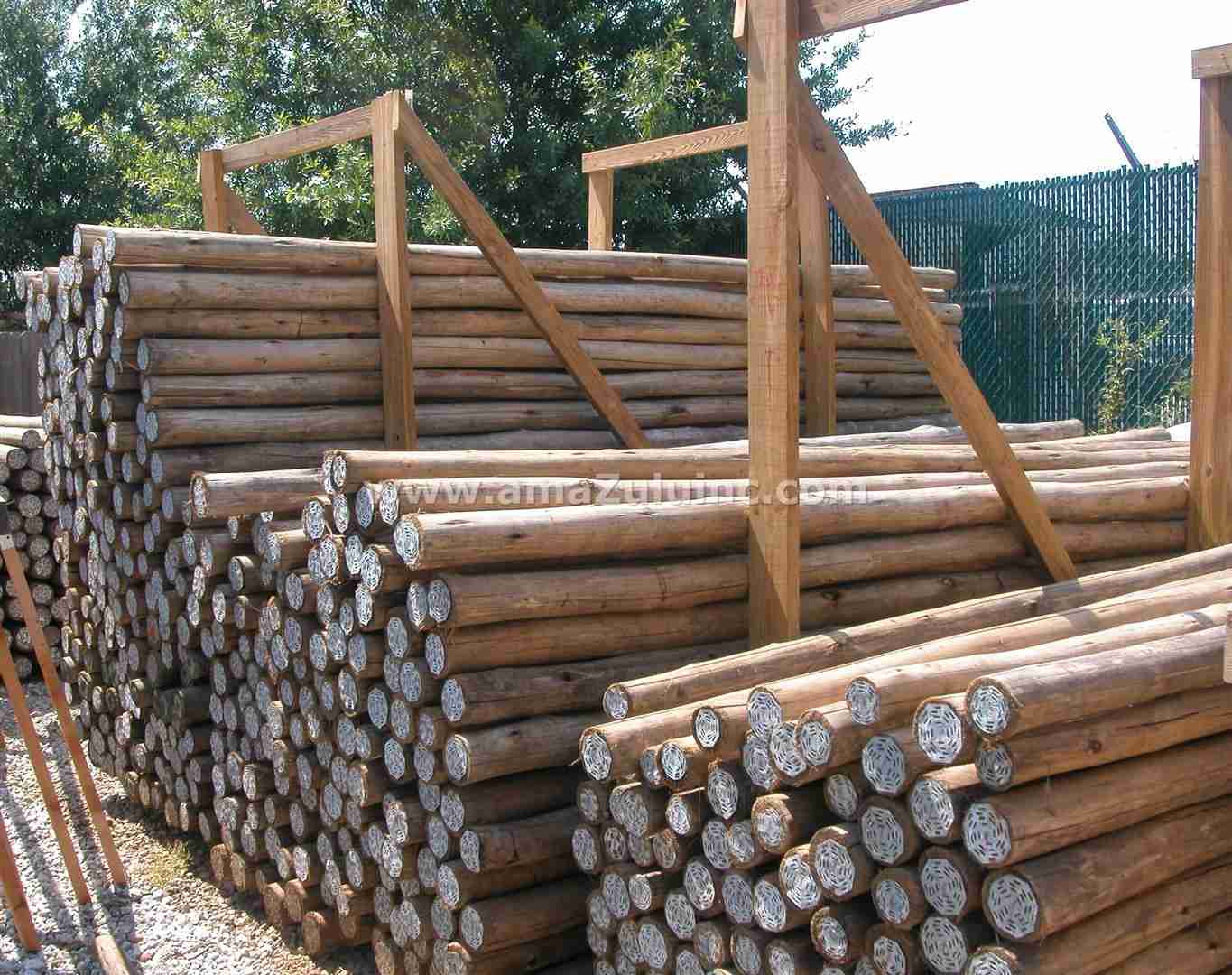How Eucalyptus Wood compares to Other Hardwoods
Why is it important to use sustainable woods in building construction? If you are aiming for LEED certification, the building materials you choose make a huge difference. If the deforestation of slow-growing trees worries you, you should explore other options such as eucalyptus wood.
Is Eucalyptus Wood Sustainable?
Did you know that eucalyptus trees grow to heights of over 200 feet, and with more than 700 species. It has become the most planted tree in the world. While known for various oil excretions, Eucalyptus trees also yield a hardwood timber that exceeds the density and strength of pressure-treated pine, especially when submerged in water.
Today, Eucalyptus plantations cover at least 12 million acres on the globe. Eucalyptus grows very fast, can survive in marginal environments, and is considered rapidly renewable because the tree can reproduce the harvested size in less than 10 years. Known mainly in Australia, the timber is considered a cash crop to growers. “Eucy” is in great demand for construction projects and is prevalent in zoo exhibits, waterparks, and African-themed venues throughout the world, to create natural and eco-friendly exhibits.
When you scrutinize, the qualities various woods have, be aware of the benefits of using eucalyptus poles. And not only as a necessary alternative but as one of the top choices for construction projects.
36 million acres of natural forests are lost yearly, a rate that cannot continue. Eucalyptus wood plantations around the world, particularly in tropical climates, produce mature trees in just 15 years. This timeframe is incredibly short compared to most traditional timber woods.
Eucalyptus Wood Properties
Eucalyptus is comparable to white oak and hickory in strength and can withstand denting and tension. Compared to white oak, it is much more resistant to brown rot fungus. It is less expensive than other traditional materials like mahogany, hickory, and cherry woods.
Eucalyptus wood also has good machining and turning properties. It sands to a smooth, semi-polished surface and absorbs stains evenly. As such, eucalyptus is ideal for broad and narrow flooring, custom millwork, and staircases. It is also perfect for solid and veneer cabinetry, wall panels, and residential and commercial applications.
Why it benefits the environment
amaZulu, Inc. has hand-selected manufacturers who produce eco-friendly, high-quality natural architectural materials. Our selection presents a dynamic list of options when considering the environment.
At amaZulu, Inc., we extend our legacy beyond business to the community when we partner with domestic and international organizations that create economic opportunities to reduce poverty. We help improve the lives of the people who grow and produce our products.
Learn more about our Eucalyptus Poles in this video
More benefits of Eucalyptus
- Eucalyptus is classified as a hardwood providing structural supports for buildings.
- It is available in a variety of sizes from 1”- 8” in circumference and 8’ to 18’ in length.
- Eucalyptus can be pre-fire retarded and impregnated at the time of pressure treatment to make a safer product. The treatment will not wash off.
- It is sustainable, versatile, beautiful, and perfect for your next project.
Are you ready for Eucalyptus?
If you’re interested in using eucalyptus wood, we would love to help you! Contact us today for more information on our Eucalyptus products or give us a call, toll-free at 877-243-5309. You can also visit Pinterest and check out some of our work with eucalyptus poles. Get your imagination stirring!
Related content and products:
Feature Project: Eucalyptus Poles
Product Spotlight: Eucalyptus Wood
Eucalyptus: A Sustainable, Versatile, and Beautiful Plant
A Growing Interest in Eucalyptus Wood
Building with Eucalyptus Wood





